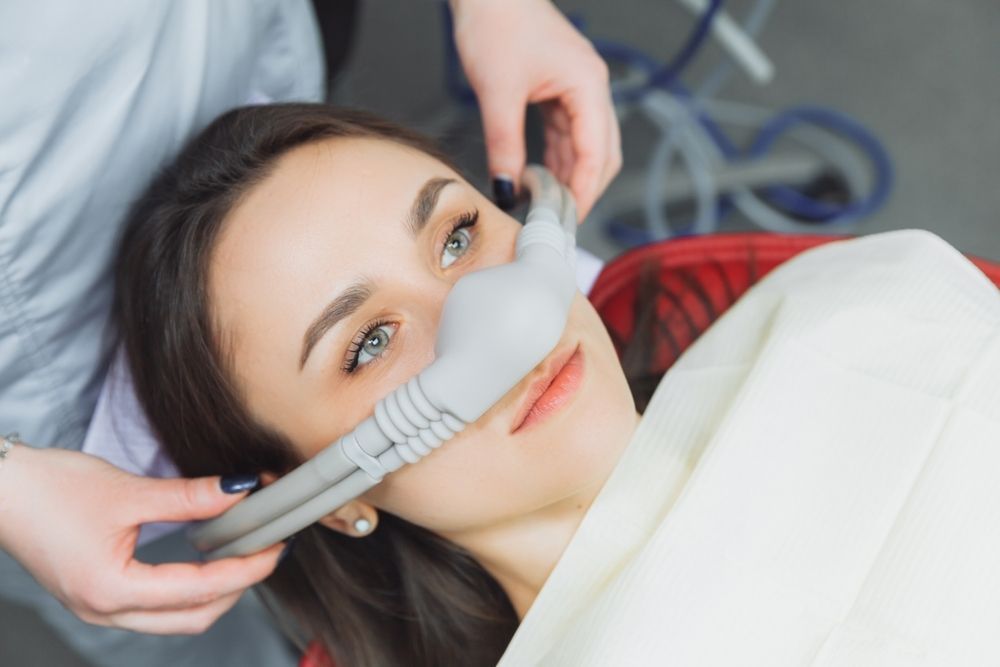Sleep apnea is a condition that affects millions of individuals worldwide. One of the most effective ways to manage this condition is through Continuous Positive Airway Pressure (CPAP) therapy. A CPAP machine helps maintain a consistent flow of air to keep your airways open while you sleep. The right choice for a CPAP mask can significantly enhance comfort and improve adherence to therapy, leading to better-quality rest.
What Is CPAP?
Continuous Positive Airway Pressure, or CPAP, is a therapy designed for individuals diagnosed with sleep apnea. Sleep apnea occurs when the airways become blocked or collapse intermittently during sleep, leading to disrupted breathing and fragmented rest. CPAP therapy works by delivering a steady stream of air through a machine to keep the airways open, facilitating uninterrupted breathing throughout the night.
What Does This Therapy Entail?
CPAP therapy begins after a diagnosis of sleep apnea, typically determined through a sleep study conducted by a healthcare professional. Patients are prescribed a CPAP machine, which is calibrated to provide the necessary level of air pressure for their condition. This machine connects to a mask worn during sleep via a tube that delivers the pressurized air.
A user will work closely with a sleep specialist during the adjustment phase. These professionals make sure that patients understand how to use the equipment and help them adapt to sleeping with a CPAP mask. Adhering to therapy may take time, as users may need to overcome initial discomfort. Factors such as fit, mask type, and user preference significantly impact successful adaptation.
What Are the Types of Masks?
There are several types of CPAP masks available. Each is suited to different sleep preferences and breathing needs. Below are the main categories of masks available.
Full-Face Masks
Full-face masks cover the nose and mouth and seal around these areas to deliver air effectively. These masks are suitable for individuals who primarily breathe through their mouth while sleeping. Full-face masks tend to provide a secure fit and consistent airflow, but they may feel bulkier for some users. They are a popular choice for individuals needing higher air pressure settings.
Nasal Masks
Nasal masks cover only the nose, delivering air through a smaller, more confined area. These masks are great for users who primarily breathe through their nose and prefer a smaller, less cumbersome option compared to full-face masks. Nasal masks offer a balance between comfort and effective airflow delivery, but they may not be ideal for individuals with frequent nasal blockages.
Nasal Pillow Masks
Nasal pillow masks provide airflow directly to the nostrils with minimal contact to the user’s face. The design includes small cushions that sit against the nostrils, making them an extremely lightweight option. These masks may work well for individuals who sleep on their stomach and require minimal obstruction.
Hybrid Masks
Hybrid masks combine elements of full-face and nasal options. They seal around the mouth like a full-face mask but provide nasal airflow using pillow inserts rather than covering the nose. The versatility of hybrid masks makes them ideal for patients who find other models ineffective or uncomfortable.
Conferring With a Sleep Specialist
Selecting the right CPAP mask plays a key role in improving sleep apnea management and overall sleep quality. If you’re starting CPAP therapy or struggling to adapt to a current mask, scheduling a consultation with a sleep specialist can provide personalized advice. They can help evaluate your breathing patterns, sleeping habits, and facial structure to recommend the most suitable mask.

